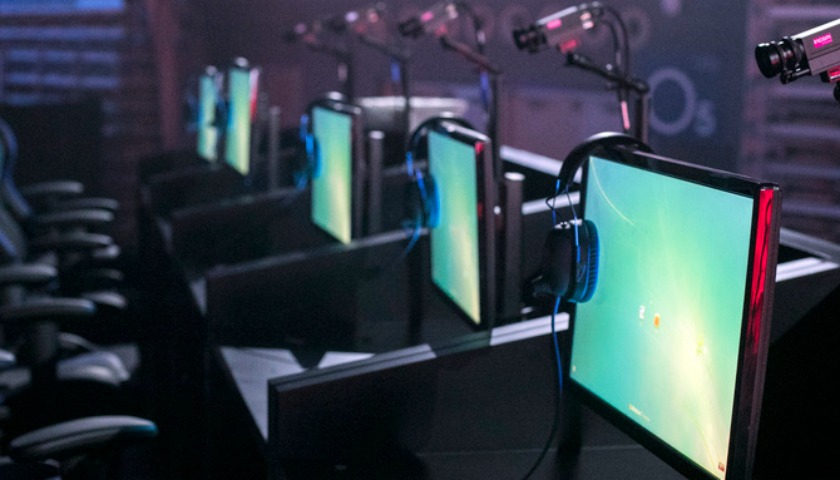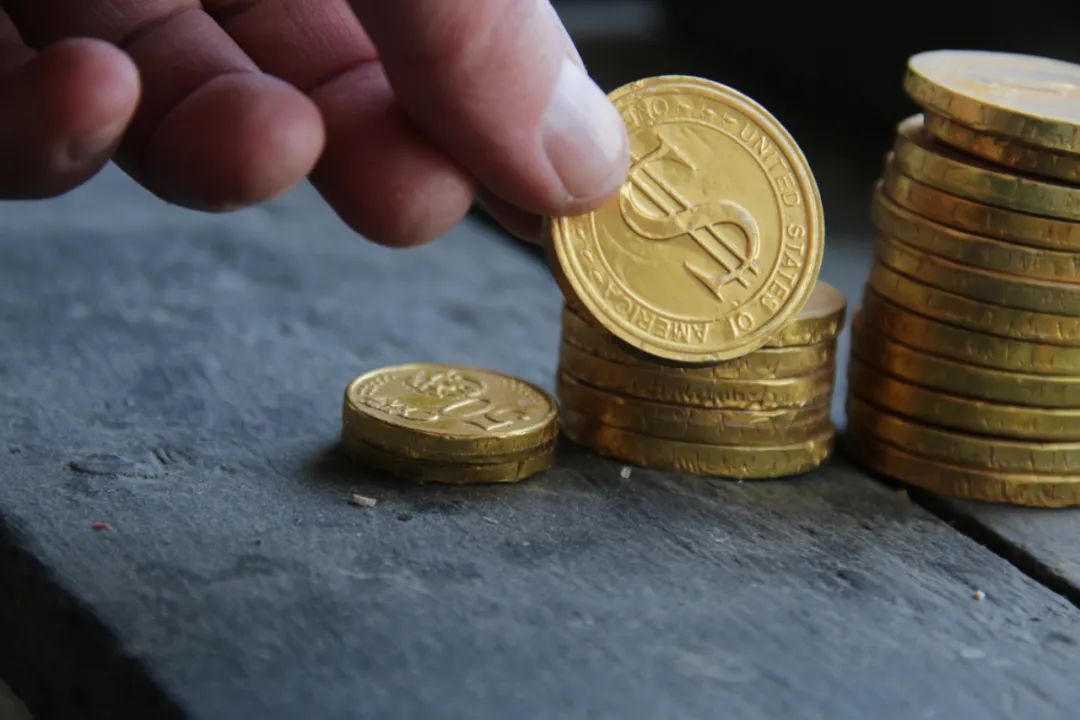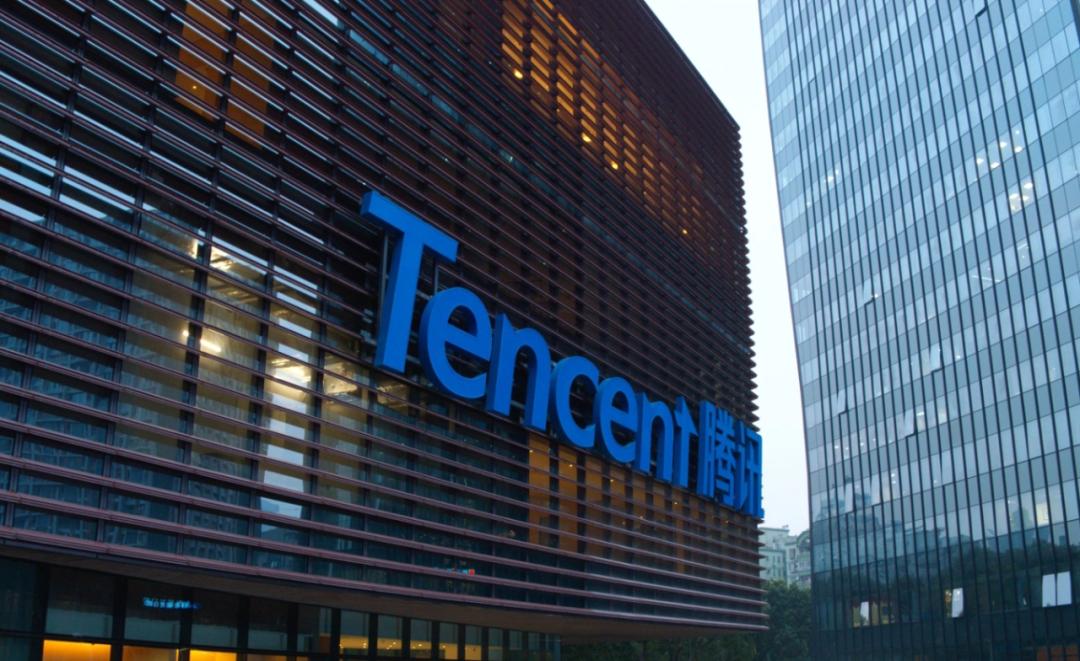Behind the Generous Dividend, How Much Combat Effectiveness Does Douyu Still Have?
![]() 07/16 2024
07/16 2024
![]() 645
645

Written by Jide
Edited by Ziye
Five years after going public, Douyu has announced its first significant dividend distribution, proposing to pay out US$300 million.
On July 3, Douyu announced that its board of directors had approved the distribution of a special cash dividend of US$9.76 per ordinary share or ADS.
Based on Douyu's current total share capital of approximately 31.64 million shares, the company is expected to pay out a total cash dividend of approximately US$300 million, which will be paid to ordinary shareholders and ADS holders around August 30 this year.
In response, Douyu stated that given the company's ample cash balance, the board of directors decided to distribute dividends as a way to reward shareholders.
The next day, Douyu's share price surged by 42.49%, closing at US$17.94 per share, with a market value of US$568 million.

Generally, companies that distribute significant dividends tend to do so after achieving sustained growth and profits, but Douyu's situation is different.
Its current large dividend payout may be aimed at strengthening shareholders' and the capital market's confidence in the company.
Since CEO Chen Shaojie's arrest at the end of last year, Douyu has been undergoing continuous internal adjustments, with the company's management now under the responsibility of an interim management committee.
Since going public in 2019, Douyu has not been known for its generous dividend policy. In terms of the company's financial position, while Douyu has cash on hand, its performance has not been impressive.
Following Douyu's surprising dividend announcement, there has been increased curiosity about the company: as it is at a critical juncture of business transformation, how much "reserve" does Douyu have left after its major shareholders cash out, and how will it turn the situation around for better development?
1. What is Douyu's motivation behind the large dividend payout?
Before discussing the dividend, let's take a look at Douyu's cash flow.
As of the end of the first quarter of this year, Douyu held a total of approximately US$937 million in cash and cash equivalents, restricted cash, short-term, and long-term bank assets. After distributing a one-time dividend of US$300 million, Douyu will still have over US$600 million in cash, which is not an insignificant amount.
Douyu also needs to repurchase shares worth US$20 million. As of March 31, 2024, Douyu has repurchased a total of US$2.7 million in ADS under this plan and plans to continue the repurchase in the second quarter.
Moreover, Douyu has signaled strategic adjustments, whether it's adjusting its business model or seeking new growth points, which will require significant investments.
It needs to find ways to earn more money quickly to support future corporate expenses.

The reason Douyu is willing to take the risk and distribute dividends is closely related to its current development status. As a listed company, Douyu needs to boost investor confidence, increase market activity, and especially stabilize its share price.
On July 17, 2019, Douyu went public on Nasdaq at an IPO price of US$11.5 per share. However, by the end of last year, its share price had plummeted to as low as US$0.739 per share, facing the risk of delisting.
Furthermore, a more critical goal for Douyu is to meet the demand of its major shareholders for cash dividends.
Regarding this dividend payment, Douyu's Interim Management Committee stated, "Despite the challenging macroeconomic and operational environment we continue to face, we remain committed to protecting the interests of our shareholders. Based on the company's current cash position, the board of directors has approved a special cash dividend of approximately US$300 million as part of our ongoing commitment to returning value to shareholders."
Tencent is a direct beneficiary of this dividend. Currently, Tencent holds approximately 38.2% of Douyu's shares through its affiliated entities, making it the company's largest shareholder. Tencent is expected to receive over US$110 million in cash dividends from this distribution, a significant amount.

Image source: Tencent official website
Another major shareholder of Douyu is its founder and CEO Chen Shaojie. As of March 31, 2024, Chen held 5.4419 million shares of Douyu, representing a 17.2% stake, and is expected to receive over US$50 million in cash dividends.
Overall, Tencent and Chen Shaojie, the top two shareholders, collectively hold 55% of Douyu's shares and are expected to receive approximately US$165 million in dividends.
Paying out this dividend puts significant pressure on Douyu, as it will need to invest more cash into strategic transformation in the coming year. Whether it can successfully break through remains uncertain.
2. After appeasing existing shareholders, Douyu must also regain investor confidence as soon as possible
Douyu is no longer the same company it once was.
When Douyu rang the bell at its Nasdaq listing in 2019, the future seemed bright: key performance indicators were rising year after year, and the industry was expanding. Players like Bilibili and Kuaishou emerged as new variables, but their daily active users could not yet compete with Douyu.
According to financial reports, from 2021 to 2023, Douyu's mobile MAU (Monthly Active Users) were 62.4 million, 57.4 million, and 51.7 million, respectively; average paying users were 7.3 million, 5.6 million, and 3.7 million, respectively. In the first quarter of 2024, mobile MAU declined to 45.3 million, and paying users dropped to 3.4 million.
To regain users, Douyu has implemented a series of measures, including expanding cross-platform content cooperation and sharing, providing higher-quality content to meet diverse user needs, and deepening cooperation with game developers to promote the sale of game items to satisfy the needs of avid gamers.
Whether these strategies can truly attract users is crucial, as it will affect Douyu's future revenue and profitability prospects.

According to financial reports, Douyu's revenue from 2020 to 2023 was RMB9.6 billion, RMB9.1 billion, RMB7.1 billion, and RMB5.53 billion, respectively. In terms of net profit, Douyu has been in consecutive losses since 2021, briefly turning a profit in 2023 before slipping back into losses in 2024.
In the first quarter of 2024, Douyu generated revenue of US$144 million, a year-on-year decrease of 29.9%; during the same period, it recorded a net loss of US$12 million, swinging from profit to loss.
All this has led to a pessimistic attitude towards Douyu in the capital market. After appeasing its major shareholders, Douyu needs to regain investor confidence through a transformation that transcends the current cycle – by accelerating its commercial transformation and leveraging new business developments to alleviate the overall decline in performance.
At the beginning of 2024, Douyu underwent an organizational restructuring, reorganizing its key Content Ecosystem Division into three major divisions: Anchors, Events, and Developers, hoping to drive business and model transformation.
In terms of specific businesses, Douyu is diversifying its revenue sources by focusing on game item sales, game advertising, and distribution services.
While most of the new businesses targeted by Douyu revolve around the gaming industry, it will take more time for the company to accumulate the necessary experience to compete in these new areas.
For example, in terms of game items, Douyu collaborates with game developers to launch limited-edition skins, items, and other activities, and develops a platform membership business based on game items.
Currently, Douyu has partnered with over 10 popular games, including Game for Peace, DNF, Honor of Kings, and League of Legends Mobile, as a cooperation channel for game developers' commercial activities, promoting game items through platform anchors, content creation, and operational activities.

However, the sale of game items is not uncommon, and some short video platforms have also launched live broadcast support plans for game item sales.
The challenge of this business lies in Douyu's need to strengthen cooperation with high-quality game developers, launch more differentiated operational activities, and test its user base, anchor ecosystem, platform atmosphere, and other foundational strengths.
In exploring its commercialization path, Douyu must also address revenue and loss issues and reverse the declining trends in user and anchor numbers.
Essentially, this is an extension of the traffic ecosystem that content platforms must face. How to acquire fresh traffic through new approaches and revitalize existing traffic requires further consideration by Douyu.
It is still on the path of transformation, attempting to create a marketing system covering the entire game lifecycle through deep cooperation with game developers to drive user payments. At the same time, it hopes to increase investment in high-quality content, strengthen developer collaboration, and implement refined operations to explore business diversification.
Founded in 2014, Douyu is celebrating its tenth anniversary this year. In the future game market, platforms with a single live streaming model alone will not be able to withstand multiple risks and are destined to be eliminated.
Douyu needs to regain its combat effectiveness through more radical reforms and stronger measures to reverse the current situation, achieve self-rescue, and change the capital market's perception of itself.








